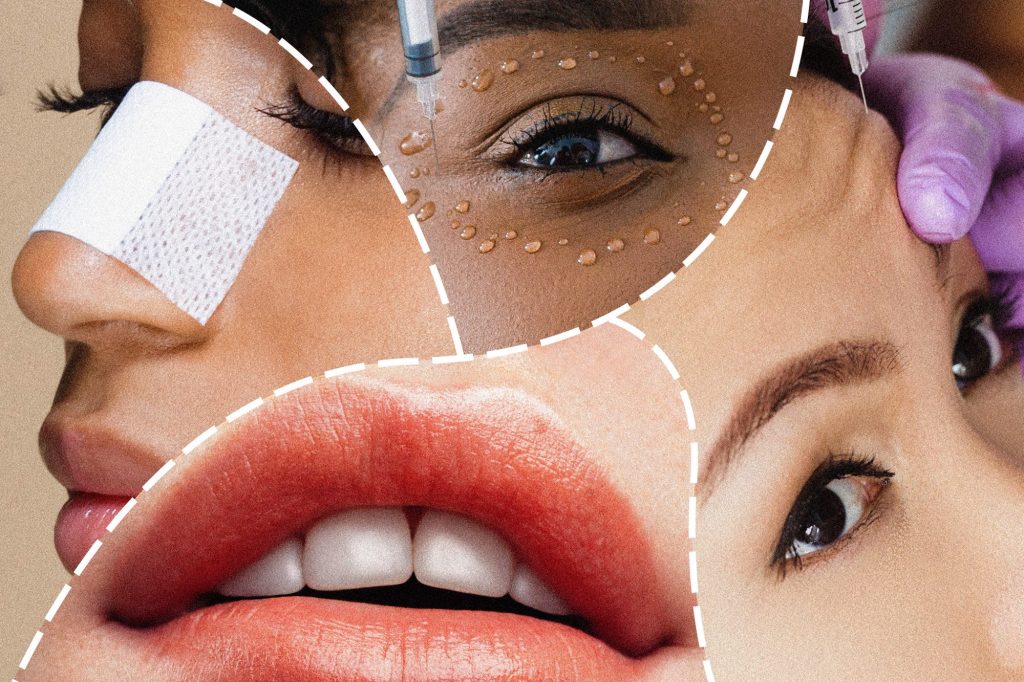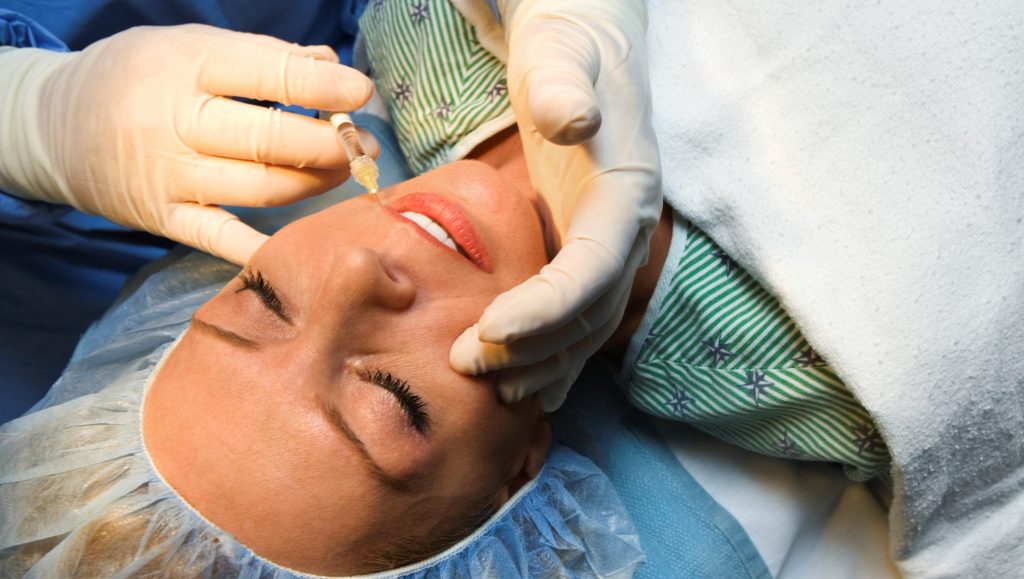Before you consider having any type of plastic surgery, there are 10 questions that you should ask yourself.
1. Are You Healthy Enough to Have Plastic Surgery?
Before even thinking about plastic surgery, you have to ask yourself if you’re healthy enough for it. Most people are great candidates for plastic surgery, health-wise.
Make sure you disclose your entire medical history to your plastic surgeon. Your plastic surgeon can’t give an accurate assessment if you hide health problems. And you won’t have a leg to stand on if something goes wrong! Lying to your surgeon excuses them from responsibility if there are complications.
True, certain health issues may prevent you from having plastic surgery, but wouldn’t you rather be alive than be a cosmetically enhanced corpse?

2. What’s the Name of the Procedure and What Does It Entail?
Knowing the name of the procedure is different from knowing what it actually entails. This does not mean that you need to know the particulars, such as the type of scalpel your plastic surgeon is using, but you should know if the procedure is going to achieve the result you want. And, you should know whether it is the correct procedure for the body part for which you are seeking enhancement. You should also know the medical name of the procedure so you can confirm it when hospital or medical center employees ask.
3. What Are the Risks Associated With Your Procedure?
Things usually go well with plastic surgery. However, you need to know the possible complications that come with the particular procedure(s) you are having.
Infection is just one complication that could occur. Also, you will have scars with plastic surgery. The scars may not always end up as a nice fine line. Sometimes scars can end up raised or widened. These are only some of the complications you should know about before having plastic surgery.
Another risk is that despite perfect technique or what is considered a good result by a plastic surgeon and his or her colleagues, you may not be happy with the final result. This occurs when the limitations of the procedure are not discussed thoroughly before surgery.

4. What Are You Hoping to Gain From Your Surgery?
Obviously, an improvement in the contour of a particular body part is expected. Perhaps you may even gain a boost in self-esteem. If you are expecting anything more than that, you should know the limitations of your procedure.
5. What Kind of Results Can You Expect?
Your plastic surgeon can only control what happens inside the operating room. No matter how great a job your plastic surgeon does, it will not guarantee a job promotion, a relationship, or an improved social life or social status. Plastic surgery will not cure depression or eating disorders.
Also, if you aren’t willing to accept the procedure your plastic surgeon is recommending to get the best possible result—either because you’re worried about longer scars or a longer recovery—then you have to be willing to accept a lesser result. Not following post-surgery instructions can cause a bad result, and in some situations can worsen a complication.
Finally, if your goal is to look like a Barbie or to have a “perfect” nose or pair of breasts, you may be highly disappointed. Either you may end up looking too “plastic” or you may not think you look “good enough.” Your goal should be an improvement, not perfection.
6. Are There Alternatives to Undergoing Plastic Surgery?
This is important to know because plastic surgery is not without risks. Could you improve your diet? Could you move your body a little bit more and get more exercise? If you’ve given other alternatives an honest try, then plastic surgery may be a good alternative for you. Not having surgery at all is also an alternative.
7. Will You Be Able to Hide the Scars?
Yes, you should expect scars with plastic surgery! You should know where your scars will be placed. This is especially important if you wear low-cut pants or shirts, bikinis, etc., or if your line of work involves skin exposure (such as actors, dancers, or models).
Don’t believe the hype that plastic surgeons perform “scarless surgery.” Plastic surgeons know where to hide or camouflage scars, and take pride in their incision closures. This is what the patient often uses to define whether or not a procedure is successful. Don’t be afraid to ask about them.

8. Are You Willing to Go Through More Than One Procedure?
You may need revision surgery. Revision surgery is not uncommon with plastic surgery. Revision surgery involves undergoing surgery again to improve upon prior surgery. It can be a small procedure that requires only local anesthesia or it can be a bigger procedure with an additional cost.
Choosing to have a cosmetic procedure is a big decision that shouldn’t be taken lightly. Make sure you fully understand your options, what’s motivating you to get the surgery and what the risks are. Many people have positive experiences of plastic surgery; they say it’s helped build their confidence or given them the freedom to express themselves. We hope that this is true for you as well.


